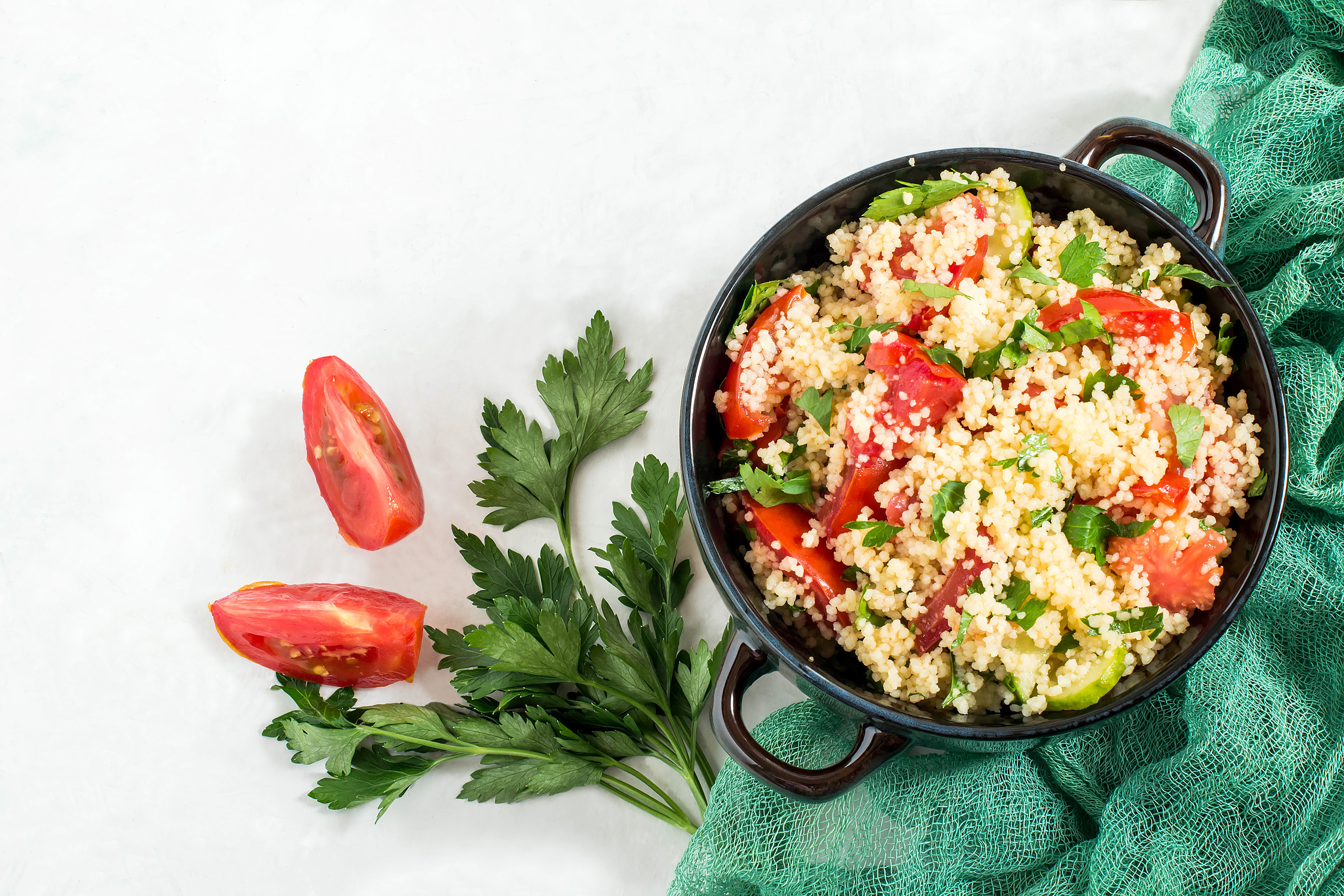Whole grains are considered to be far healthier than refined, processed grains. This has led to a boom in the grain market. Now, you can get your hands on more varieties of grains than ever before – couscous is one of them. But if you think couscous is a healthy grain, here are three reasons to avoid it.
The first thing to know about couscous is that it isn’t actually a grain. It’s a pasta that’s made with a flour called, semolina flour. Semolina flour is a wheat product, and very high in gluten.
Therefore, even though couscous looks like a whole grain, it’s actually a processed pasta. And according to Dr. Josh Axe, doctor of natural medicine, it’s a food you should avoid for some very good reasons.
Couscous is made with hybridized wheat
Hybridized wheat is a genetic product which scientists make by combining various species together. This process is actually thought to be worse for both the plant and you than genetically modified food.
Couscous contains gluten
Gluten in and of itself isn’t bad for you per se. However, many individuals do struggle with gluten sensitivity and for others, gluten is an inflammatory substance that can interfere with the body’s natural processes.
Couscous is a high glycemic index food
High glycemic foods can disrupt blood sugar levels, and even put individuals at a greater risk for developing type 2 diabetes, as this study found. On the glycemic index which ranks anything above 70 as ”high”, couscous weighs in at 65.
So, if you’re looking to avoid grains, high glycemic foods and want to consume healthy whole grains, it’s probably a good idea to steer clear of couscous.




